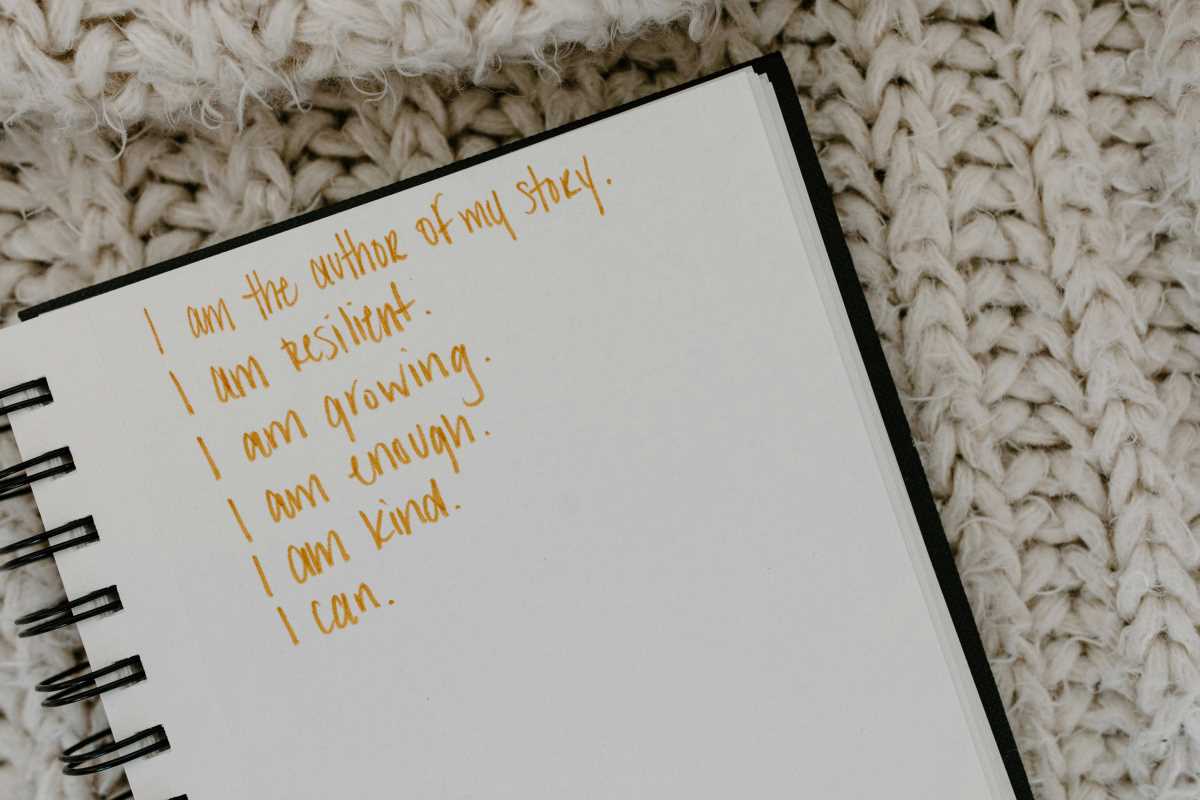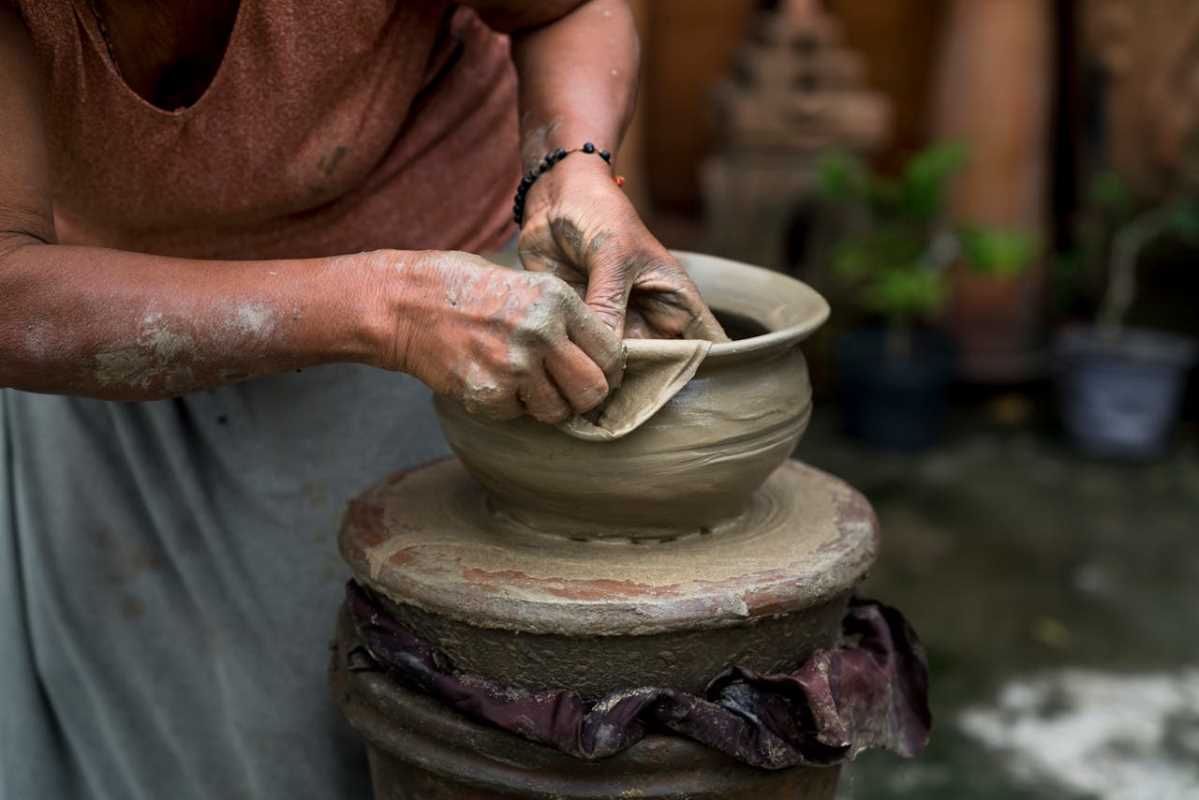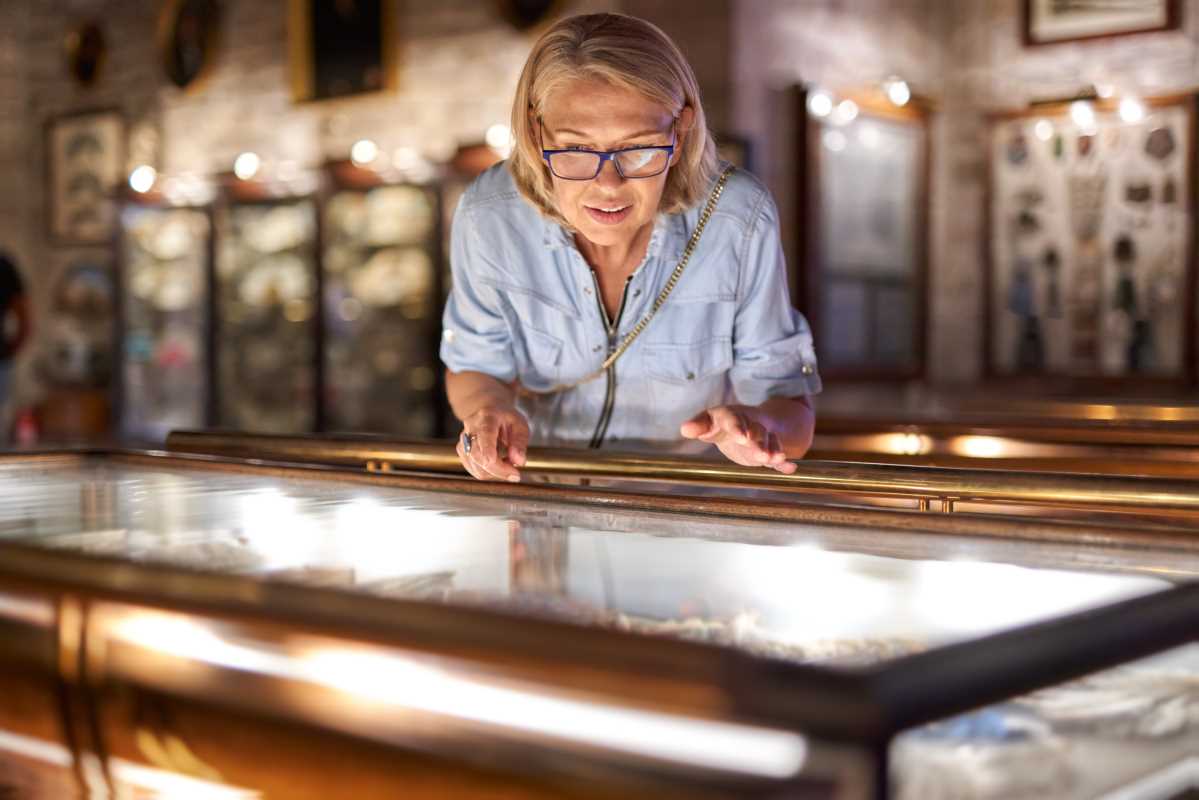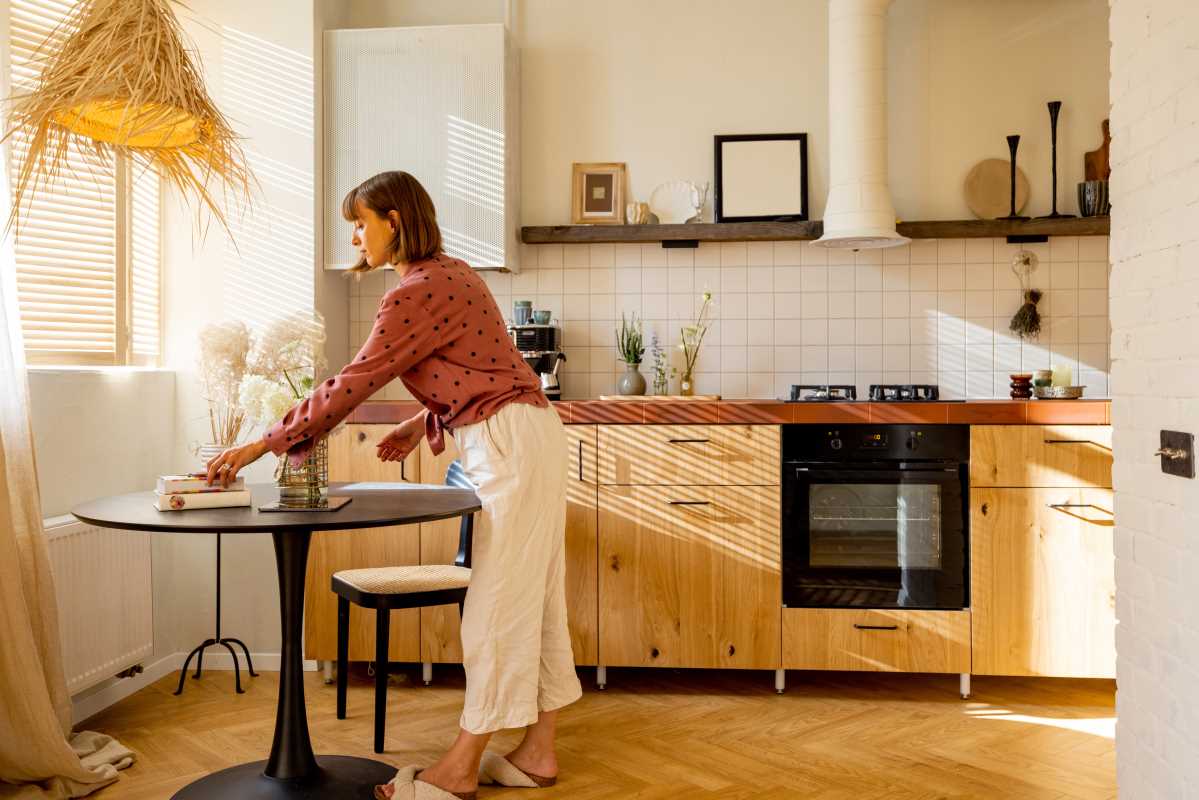Have you ever had a stranger pay for your coffee, or someone let you go ahead of them in a busy line? These small, unexpected moments of generosity can completely change the course of your day. They are random acts of kindness, and they hold a surprising power—not just for the person receiving them, but even more so for the person giving.
Practicing kindness is more than just being nice; it's a conscious choice to make a positive impact on the world around you, one small gesture at a time. This simple practice can lead to profound personal joy, improve your mental well-being, and help build stronger, more connected communities.
The Science Behind the "Helper's High"
The warm, fuzzy feeling you get after helping someone isn't just in your head. It’s a real biological response often called the "helper's high." When you perform an act of kindness, your brain releases a cocktail of feel-good chemicals, including oxytocin, dopamine, and serotonin.
The Feel-Good Brain Chemicals
- Oxytocin: Often called the "love hormone," oxytocin is associated with bonding and social connection. It helps lower blood pressure and reduce stress, making you feel more connected to others.
- Dopamine: This neurotransmitter is part of your brain's reward system. It gives you that sense of pleasure and satisfaction, which motivates you to repeat the behavior.
- Serotonin: This chemical helps regulate your mood, and increased levels can make you feel happier and calmer.
This chemical rush creates a positive feedback loop. Doing good makes you feel good, which in turn makes you want to do more good. It’s a simple, effective, and completely free way to boost your own happiness while brightening someone else's day.
Creating a Ripple Effect of Positivity
A single act of kindness rarely ends with the initial gesture. It has a tendency to spread, creating a ripple effect that can touch far more people than you realize. Think about it: when someone is kind to you, it improves your mood. You are then more likely to be patient with a coworker, smile at a stranger, or be more present with your family when you get home.
This phenomenon is sometimes called "paying it forward." Your one small act can inspire a chain reaction of positive deeds. Someone who received an unexpected compliment might feel moved to leave a generous tip for their server, who then has a better day and shows extra kindness to their next customer.
By choosing to act with kindness, you are casting a stone of positivity into the world. You may never see how far the ripples travel, but you can be certain they are making a difference.
Simple Acts of Kindness Anyone Can Do
The best part about practicing kindness is that it doesn't require a lot of time, money, or effort. The most meaningful gestures are often the simplest. You can start incorporating these acts into your daily routine right away.
Kindness That Costs Nothing
- Give a genuine compliment: Tell a coworker you admire their work ethic or let a friend know how much you appreciate them.
- Hold the door open for someone: It’s a small gesture of respect and courtesy that is always appreciated.
- Let someone go ahead of you in line: Whether at the grocery store or in traffic, this simple act can relieve someone's stress.
- Offer to help someone struggling: See someone carrying heavy groceries? Offer a hand. Notice a neighbor trying to rake leaves? Offer to help for a few minutes.
- Listen actively: Put your phone away and give someone your full attention when they are talking. Truly listening is a powerful act of kindness.
Kindness with a Small Budget
- Pay for the coffee of the person behind you: This classic "pay it forward" gesture is a wonderful way to surprise someone.
- Leave a positive note for a stranger to find: Write an encouraging message on a sticky note and leave it on a public restroom mirror, a library book, or a park bench.
- Bring treats to share with your colleagues: A box of donuts or a homemade baked good can boost office morale.
- Leave a generous tip: If you receive great service, show your appreciation with a larger-than-expected tip.
- Create a small care package for a homeless person: Fill a bag with essentials like socks, water, granola bars, and toiletries to give to someone in need.
Kindness Strengthens Community Bonds
Random acts of kindness are the threads that weave a community together. In a world where people can feel disconnected and isolated, these small interactions remind us that we are all in this together. They build a sense of trust and goodwill among neighbors, coworkers, and even strangers.
When you see kindness happening around you, it fosters a sense of safety and belonging. It creates an environment where people feel seen, valued, and supported. A neighborhood where people check on elderly residents, help each other with yard work, and organize community cleanups is a stronger, happier, and more resilient place to live. By contributing to this culture of kindness, you are actively investing in the well-being of your entire community.
How to Start Your Kindness Practice
Making kindness a habit is a journey, not a destination. It’s about being more mindful and intentional in your daily interactions.
- Set a Simple Goal: Start by aiming for one deliberate act of kindness each day. It can be as small as you like. The goal is to build the habit of looking for opportunities to help.
- Keep a Kindness Journal: At the end of each day, write down the kind act you performed and how it made you feel. This reflection can reinforce the positive emotions and motivate you to continue.
- Be Observant: Pay attention to the people around you. Look for small opportunities to make someone's day a little easier or brighter. Is someone looking lost? Is a parent struggling with a stroller?
- Don't Expect Anything in Return: The true joy of kindness comes from the act of giving itself. Let go of any expectation of thanks or recognition. The internal reward is more than enough.
 (Image via
(Image via





